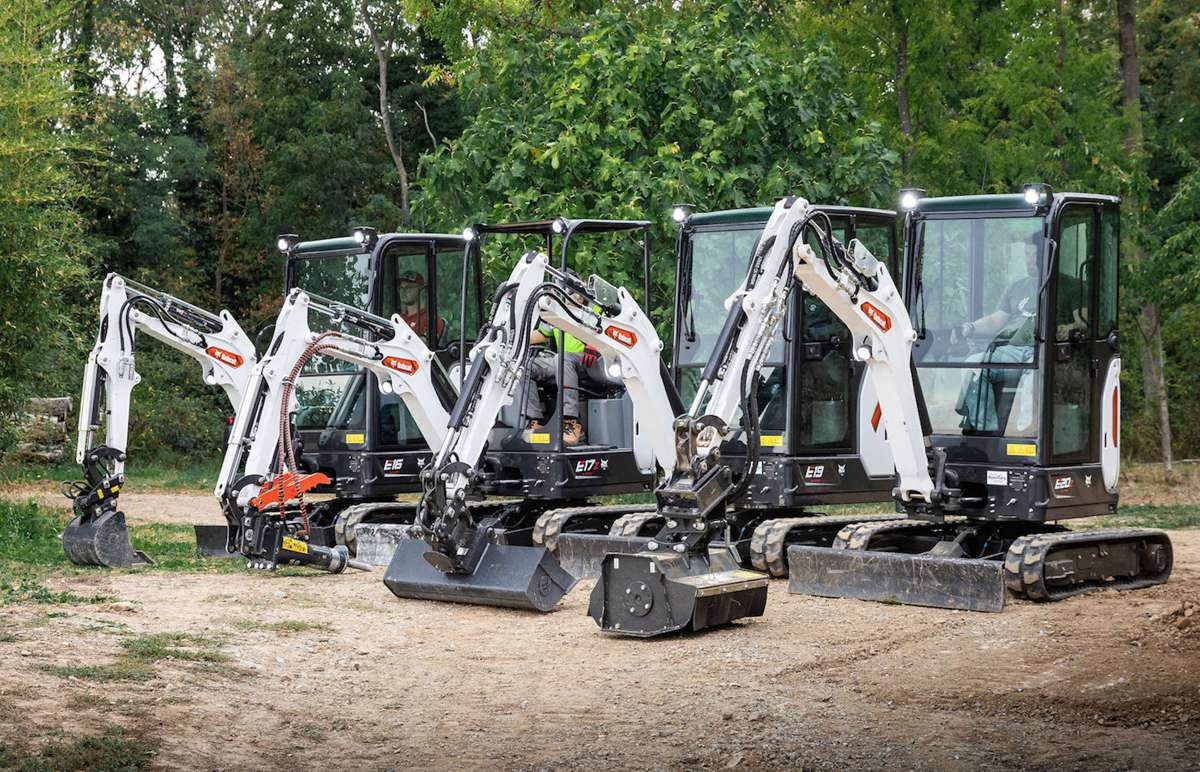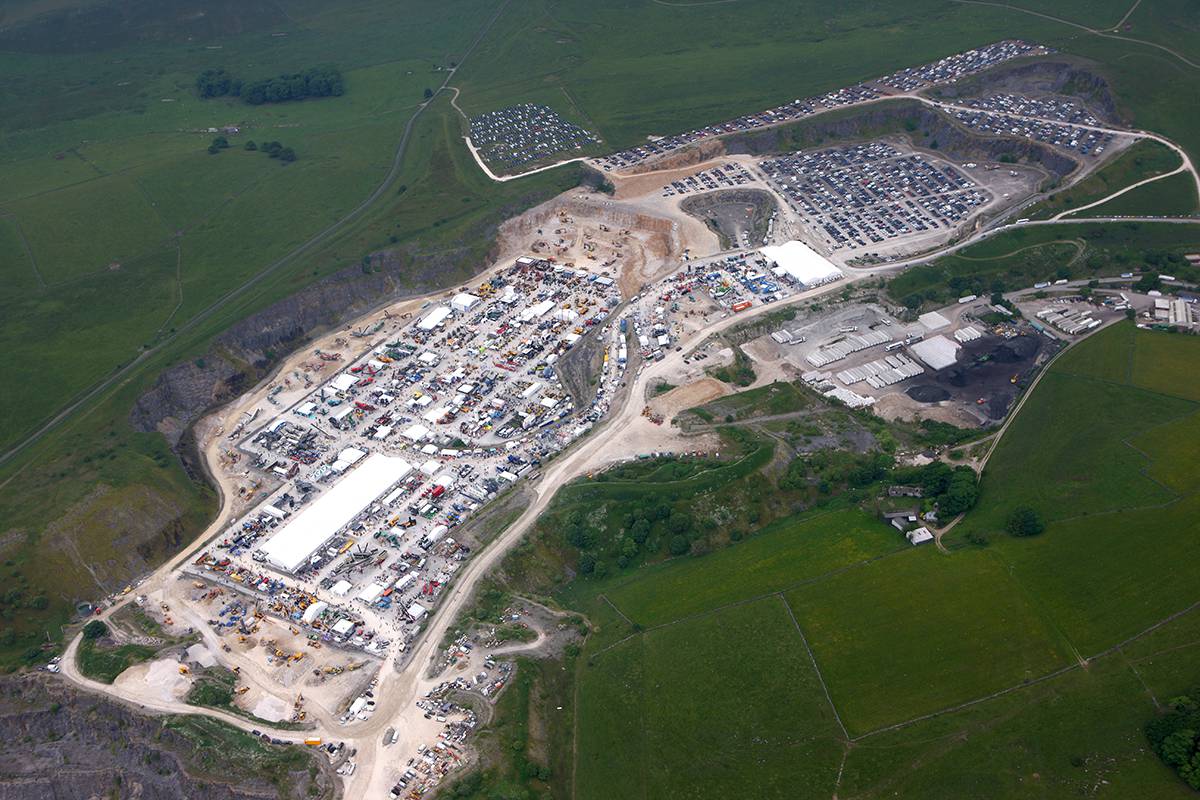Green light for wildlife project which puts Cumbria’s Bees on the road to recovery
A ground breaking new project to boost the number of bumblebees and other wild pollinators in Cumbria, has been awarded development funding by Heritage Lottery Fund (HLF) and Highways England. Cumbria Local Nature Partnership has received development funding of £87,100*, made possible by National Lottery players, to progress their plans to apply for a full National Lottery grant at a later date.
‘Coastlines: The Cumbria Coast Pollinator Project’ will work with communities along Cumbria’s coast, in Workington, Whitehaven and Maryport, to restore and create pollinator havens in green spaces such as parks, schools and around housing estates. Local people will have the opportunity to volunteer, record bumblebees, participate in events, and learn how to make their gardens friendly for wild pollinators.
‘Coastlines’ will also take an innovative approach to managing verges on the main roads in west Cumbria such as the A66 and A595, for example changing grass-cutting and removal systems, to create habitats that provide food, shelter and nesting sites for bees and other pollinators. ‘Coastlines’ has been developed by the Cumbria Local Nature Partnership and will be delivered by Cumbria Wildlife Trust.

Tanya St Pierre, Coastlines Development Manager at Cumbria Wildlife Trust, explained why this work is so important: “1,500 different kinds of insect pollinate plants in the UK, which besides the well-known honeybee, includes wild species such as bumblebees, hoverflies and solitary bees. Sadly more than 75% of our wild pollinators are in decline. No fewer than 35 species of bees are facing extinction, mostly as a result of habitat loss and fragmentation, as 97% of species-rich grassland has been lost since 1940.”
Tanya continued: “We are very grateful to HLF and Highways England for funding this project. Their support enables us to work closely with partners and local communities, to create, restore and connect wildflower-rich habitats along key pollinator corridors across Cumbria. These wildflower networks will provide food, shelter and nesting sites, and they will create roads of recovery for our wonderful wild pollinators.”
Highways England is contributing £53,000 this financial year (2018/19) towards the development of this scheme, with potential further funding available for the delivery phase of the work.

Chloe O’Hare, Environmental Manager for Highways England, said: “We want a strategic road network that works more harmoniously with its surroundings and believe in operating and improving our roads in a way that protects and supports people and the things we value for our quality of life, both now and for future generations. We are delighted to be supporting this initiative as part of a £300 million special fund to be used specifically for environmental projects, including improvements boosting biodiversity. This project provides us with a great opportunity to work in partnership with local volunteers and experts from CWT to improve our network for pollinators as we strive to achieve our ambitious biodiversity targets.”
‘Coastlines’ will develop a key section of the national B-Lines network – a UK-wide network of flower-rich areas which will help pollinators and other wildlife.
The project brings together a wide range of partners, including Copeland, Carlisle and Allerdale Councils, Solway AONB, Butterfly Conservation and Buglife.
Paul Evans, Buglife B-Lines Manager said: “This project is great news for Cumbria’s wild pollinators. By working on part of the UK-wide B-Lines network the project will also help to secure the future of our native pollinators by providing them with both new wildflower-rich habitat and routes by which they can move around the country.”
Members of the public are encouraged to get involved with Coastlines by helping to create pollinator havens in their local green spaces. To find out more, contact Tanya St Pierre at tanyastp@cumbriawildlifetrust.org.uk or 01228 829570.





























